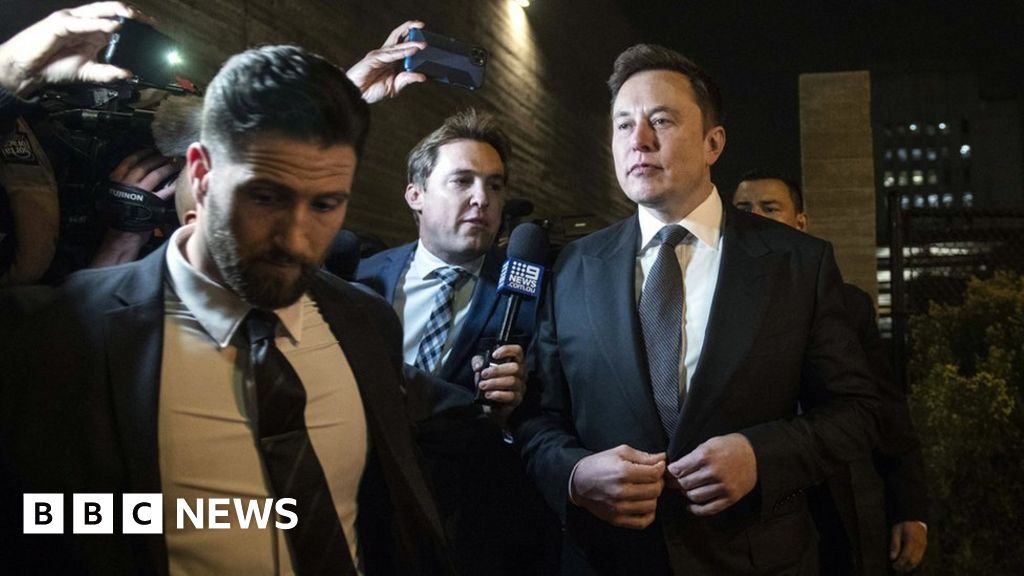I take that as "It has a decent chance of failing."
I understand Musk's thinking about development speed being increased by getting data soon, even if it allows for many early failures.
But, unlike the U.S. early rocketry, which had many, MANY explosions on the pad and in the air, the more recent NASA work has been extremely sensitive about avoiding failures (but still has had some spectacular and even deadly ones). That is mainly driven by the funding for NASA coming from Congress, which has a short attention span compared to any engineering effort's schedule.
So, when Musk has a failure of anything, it gives his detractors a handle to argue against allowing him to continue, or at least continue at the pace that has been the hallmark of his successes.
Because his development costs are not being supported by Congressional appropriations, the only handles his opponents have on him is through government "reviews" of "safety", "environmental effects", "employment discrimination", "financial law compliance", etc. etc. These are successful in delaying, rather than directly preventing progress - until they get to the level where progress is delayed so much that it is essentially a prevention.
So, I am definitely rooting for a success, and hoping that Musk has realized that public acceptance is being tied to his ability to avoid catastrophic failures.



